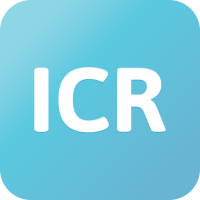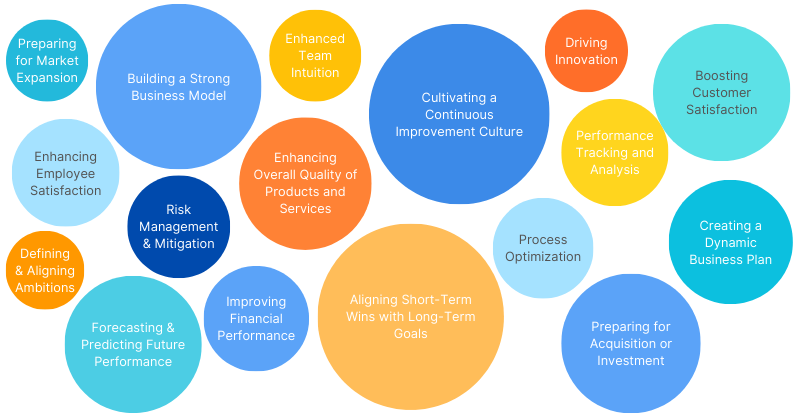
What is a control?
Master Your Purpose. Own Your Freedom. With ICR.
A control refers to a mechanism put in place to manage risks and ensure that objectives are achieved. In other words, a control is an action or guideline implemented within an organization to mitigate risks, monitor performance, and ensure that goals are met. These measures are designed to monitor and direct processes, systems, and people, allowing deviations to be detected and corrected early on.
Ambitions often come with risks, such as financial, operational, or reputational risks. Controls help identify and mitigate these risks so that they don't threaten the achievement of results. By implementing the right control mechanisms, the organization remains focused on its goals. They help align activities and resources with the ambition, preventing unnecessary delays or deviations.
Controls provide insight into the progress of processes and enable the measurement of performance indicators. This ensures that teams take responsibility for their contributions to the outcome. Controls also help make processes run more smoothly and efficiently by preventing unnecessary waste of resources and time.
In this way, controls effectively bridge the gap between ambition and results by managing risks, promoting efficiency, and keeping everyone in the organization focused on the set goals.
Difference between Control and Control Activity
Controls should not be confused with control activities. A control is the general measure or guideline, whereas a control activity is the concrete action taken to implement that measure in practice.
A control is, in other words, the broader concept of a rule, guideline, or measure designed to mitigate risks and monitor performance. This is more at the strategic or policy level.
A control activity is the actual action or procedure carried out to implement the control. This could be, for example, the review of financial data, an evaluation of operational processes, or a manual approval of a transaction. It is the practical execution of the control.
In short, a control activity is a specific description of how, when, in what way, and by whom the control—the measure designed to mitigate the risk to an acceptable level—is actually carried out.
Sustainable success through controlled and manageable growth
The ICR Growth & Success SaaS Platform helps people and organizations find balance and peace, through controlled and manageable growth, with the aim of a healthy and sustainably successful organization. We do this through the all-encompassing ICR Cycle.
Being inControl in this process from ambition to result is crucial. Within the ICR Cycle, inControl actually means controlled and manageable growth. The dashboard gives you insight into the current status. In the video below you can see how the dashboard transforms from the moment you start using ICR.
With our 4 ICR subscription options, you can decide for yourself when to fully engage with the entire ICR Cycle. Choose our successful approach and start your process 'from ambition to result' with the more than affordable ICR Ambition Refresher subscription.
General applications of the ICR Growth & Success SaaS Platform
The ICR Growth & Success SaaS Platform addresses a wide range of business needs, making it a versatile tool for organizations striving for sustainable success. Below is an overview of its general applications, along with the added value it provides for businesses and organizations.
Learn more about the general applications of the ICR Growth & Success SaaS platform.


